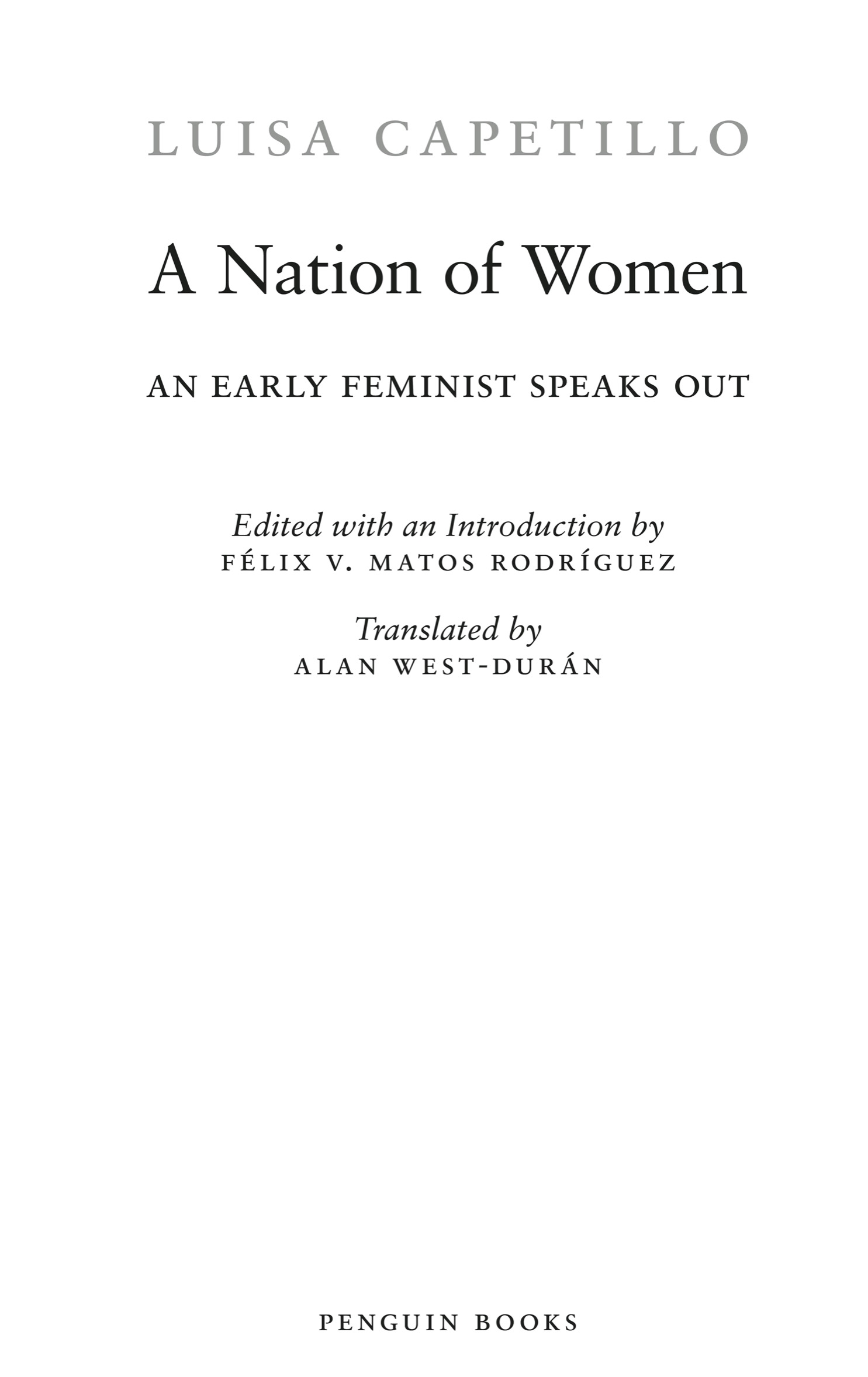penguin  classics
classics
A NATION OF WOMEN
luisa capetillo was born in Arecibo, Puerto Rico, in 1879 to working-class parents. She worked in cigar factories as a reader, where she first became active in labor organizing. A committed activist, Capetillo traveled throughout Puerto Rico, the United States, and Cuba to contribute to the international labor movement. She wrote extensively for the Spanish press, notably in La Mujer, a short-lived feminist working-class magazine that she founded. She is the author of many works relating to her ideas, among them La humanidad en el futuro (1910), Verdad y justicia: Cuento de Navidad para nios (1910), and Influencias de las ideas modernas (1916).
flix v. matos rodrguez is the chancellor of the City University of New York (CUNY) and a professor of history at Queens College (CUNY). With his appointment, Matos Rodrguez made history by becoming the first educator of color, and the first Latino, selected as CUNYs chancellor.
alan west-durn is an associate professor of Cultures, Societies and Global Studies at Northeastern University.
penguin books
An imprint of Penguin Random House LLC
penguinrandomhouse.com
First published in the United States of America in a dual-language edition as A Nation of Women: An Early Feminist Speaks Out = Mi opinin sobre las libertades, derechos y deberes de la mujer by Arte Pblico Press 2004
English translation published in Penguin Books 2021
Copyright 2004 by Arte Pblico Press
Penguin supports copyright. Copyright fuels creativity, encourages diverse voices, promotes free speech, and creates a vibrant culture. Thank you for buying an authorized edition of this book and for complying with copyright laws by not reproducing, scanning, or distributing any part of it in any form without permission. You are supporting writers and allowing Penguin to continue to publish books for every reader.
library of congress cataloging-in-publication data
Names: Capetillo, Luisa, 18791922, author. | Matos Rodrguez, Flix V., 1962 editor. | West, Alan, 1953 translator.
Title: A nation of women : an early feminist speaks out / Luisa Capetillo ; edited with an introduction by Flix V. Matos Rodrguez ; translated by Alan West-Durn.
Other titles: Mi opinin sobre de las libertades, derechos y deberes de la mujer. English
Description: [New York] : Penguin Books, 2021. | First published in the United States of America in a dual-language edition as A Nation of Women: An Early Feminist Speaks Out = Mi opinin sobre las libertades, derechos y deberes de la mujer by Arte Pblico Press 2004. English translation published in Penguin Books 2021. | Includes bibliographical references.
Identifiers: LCCN 2021008859 (print) | LCCN 2021008860 (ebook) | ISBN 9780143136071 (paperback) | ISBN 9780525507680 (ebook)
Subjects: LCSH: Capetillo, Luisa, 18791922. | Feminism. | WomenSocial conditions.
Classification: LCC HQ1214 .C2613 2021 (print) | LCC HQ1214 (ebook) | DDC 305.42dc23
LC record available at https://lccn.loc.gov/2021008859
LC ebook record available at https://lccn.loc.gov/2021008860
Adapted for ebook by Cora Wigen
pid_prh_5.8.0_c0_r0
Contents
Introduction
Mi patria es la libertad: Context and Introduction to Puerto Ricos First Feminist Treatise.
PREFACE AND ACKNOWLEDGMENTS
It is not uncommon for academics working on a historical figure such as feminist and anarchist writer Luisa Capetillo (18791922) to be shocked by the fact that some of the authors work has never been translated or reprinted. One is often convinced that the writings of notables like Capetillo have not received substantial public attention and analysis. This has been my experience with Luisa Capetillo since I became familiar with her work as a graduate student in the late 1980s. It was inconceivable to me that the author of Puerto Ricos earliest feminist treatise and one of the most fascinating political and literary figures of early twentieth-century Puerto Rico had received such limited scholarly attention. It was downright appalling to find out that her four booksincluding Mi opinin acerca de las libertades, derechos y deberes de la mujerpublished between 1907 and 1917 had never been reprinted in Puerto Rico, or elsewhere in Latin America, for that matter. As I continued my own research on Puerto Rican womens history, I still could not believe that Capetillos works were not easily available to students and general audiences in Puerto Rico. Convinced that such an obvious omission was due to attract the attention or interest of one of my many fine literary or humanities colleagues in Puerto Rico, I decided to focus on making Capetillos most important work available to readers in English.
The purpose of this book project was to translate the first feminist treatise in Puerto Ricos history and also one of the earliest book-length statements of feminist thought in Latin America and the Caribbean: Luisa Capetillos Mi opinin acerca de las libertades, derechos y deberes de la mujer. The book was published in 1911 and reprinted in 1913, making it an early example of twentieth-century feminist and labor writing in the Caribbean. In this edition, besides Alan West-Durns fine translation of Mi opinin, I have also included an introductory essay discussing some of the implications of Capetillos work to the study of early twentieth-century US, Latin American, and Caribbean labor and migration history, as well as womens cultural and intellectual history. Fortunately for readers of Mi opinin, Capetillos work is so rich and multilayered that it speaks to all of these subjects.
I am very pleased that this translation will make accessible this pioneering example of early twentieth century writing for the first time since 1913, when Mi opinin was last printed. The book is currently available in only four non-circulating libraries in the United States and Puerto Rico. The historical interest in this project cannot be overestimated. A feminist, union organizer, journalist, and activist for social justice, Capetillos voice argued for nonconformism premised on a profound sense of natural harmony and gender and social equality. She often questioned deeply held social, sexual, political, and economic assumptions of her time. I am hopeful that this translation will introduce future audiences to Capetillos achievements and work, since only a few bibliographic references about her are currently available in English (Quintero Rivera, 1976; Romero-Cesreo, 1994; Snchez Gonzlez, 1996 and 2001; Surez Findlay, 1999; Valle Ferrer, 2006). I am also hopeful that it will encourage more research and debate on Capetillos work and her politics.
The early twentieth century was a time of profound economic and social dislocation in the United States and the Caribbean, as what many consider a second industrial revolution swept through the hemisphere. Capital, labor, and political power in both the Caribbean and the United States experienced profound transformations in the period between the 1890s and the 1920s (Ayala, 1999). Some of the consequences of these transformations were labor and social unrest, new waves of immigrant labor in the United States and the Caribbean, a surge of new social actors in civil society, economic dislocation, and emerging competing political and cultural ideologies. Many of these issues are explored in



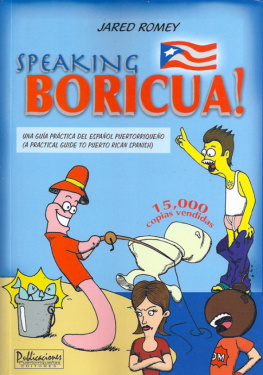
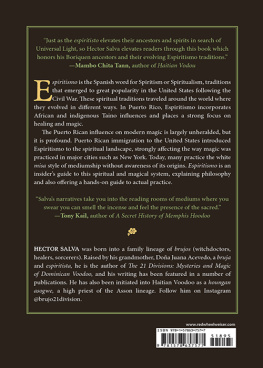


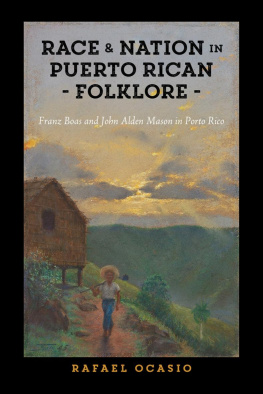
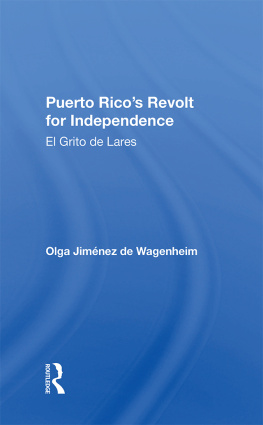
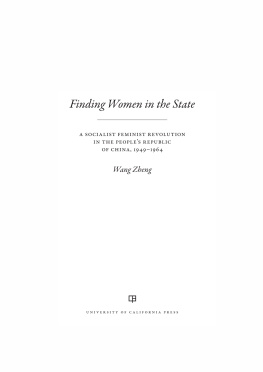

 classics
classics